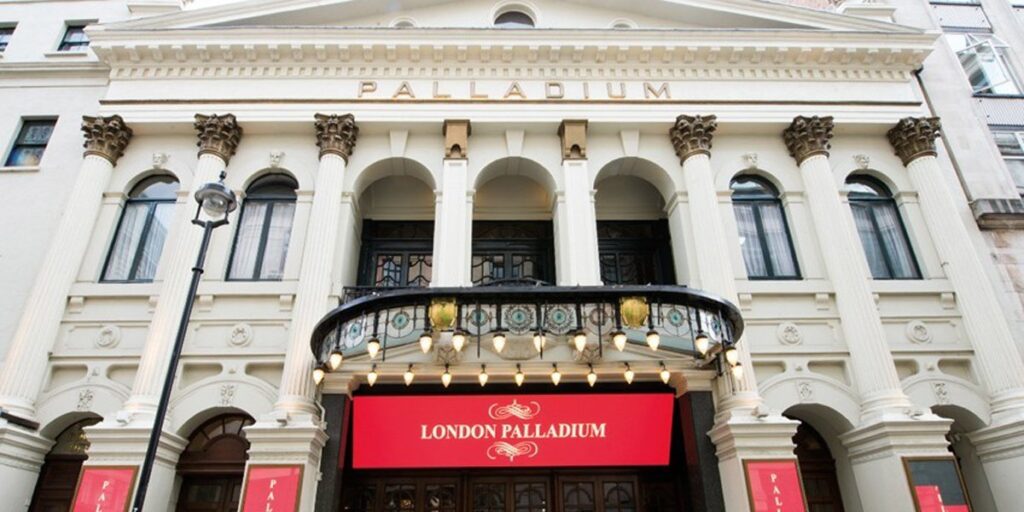London’s West End Theatres Thrive with Record Ticket Sales and Investment Boost

LONDON, March 15 (Reuters) – London’s West End theatres are experiencing a surge in ticket sales and investment, driven by a permanent tax break that is making Britain an increasingly attractive alternative to Broadway.
A record-breaking 17.1 million people attended West End shows in 2023, with a similar turnout expected for 2024, according to the Society of London Theatre (SOLT). This marks a significant increase from the 15.3 million attendees in 2019 before the COVID-19 pandemic. Meanwhile, Broadway audiences have declined nearly 20% from pre-pandemic levels, per figures from the Broadway League.
Why London Over Broadway?
Producers are favoring London for its lower production costs, a robust theatre culture, and a more generous tax incentive compared to Broadway. The UK’s Theatre Tax Relief Scheme, which offers up to 45% relief on production costs, has played a key role in this shift.
“The UK is the best place in the world to make and to see theatre,” said Patrick Gracey, a SOLT board member and producer of both West End and Broadway productions.
New York-based accountant and theatre specialist Scott Bartolf agrees, stating: “The costs themselves are lower (in London), but the tax incentive makes it a no-brainer.”
Theatre Tax Break: A Game-Changer

The UK government confirmed in October 2024 that the tax break—initially set to decrease—will now remain at current levels. The policy has been hailed as a lifeline for UK theatre, supporting both West End productions and regional touring shows.
- Henny Finch, joint CEO of London’s Donmar Warehouse, emphasized that without the tax break, theatres would have to reduce production size and output.
- Steve Mannix of Mercury Theatre, Colchester, noted that the incentive provides critical financial support for regional theatres struggling with public funding cuts.
- Jamie Wilson, producer of The Devil Wears Prada: The Musical, cited the tax relief as a key factor in trialing the show in Plymouth before moving to London.
Comparing London and New York’s Theatre Incentives
New York has its own tax relief program, introduced in 2021, which allows Broadway productions to claim up to 25% of production expenses, capped at $3 million per show. However, this scheme is set to expire in September 2025, with a proposed two-year extension adding $100 million to the existing $300 million allocation.
Despite this, the cost of producing a musical on Broadway is estimated to be 3-5 times higher than in the West End, according to Gordon Cox, theatre editor for Variety.
Economic and Cultural Impact of the West End Boom
Britain’s creative industries, valued at £126 billion, have rebounded faster than the broader economy post-pandemic. Research by SOLT reveals that for every £1 spent on a theatre ticket, an additional £1.40 is spent in the local economy on restaurants, bars, and transportation.
Beyond financial benefits, the West End serves as a global cultural beacon, drawing tens of thousands of visitors daily to its 39 iconic theatres—just shy of Broadway’s 41 theatres.
Future Growth and Challenges
While London is benefiting from this theatre boom, challenges remain. A SOLT report from July 2024 found that 40% of UK theatre venues risk closure within five years without infrastructure investment.
With demand for West End venues exceeding supply, regional theatres may see an influx of high-profile productions. Wilson predicts: “Broadway producers unable to find a West End venue may turn to regional theatres to premiere their shows, which is fantastic for local theatre.”
As London’s theatre scene thrives, the UK is solidifying its status as the world’s premier destination for top-tier theatrical productions.






What you’ve written here is not just a collection of words; it’s a thoughtful exploration of what it means to be human.